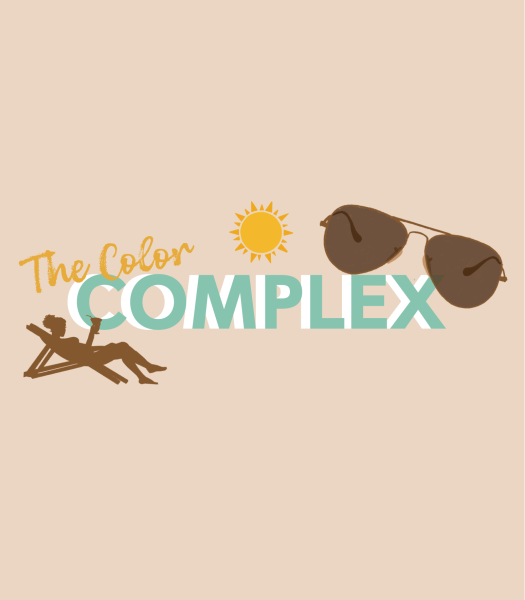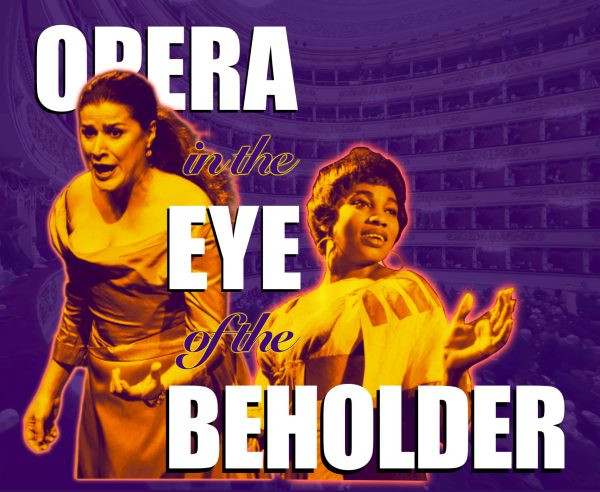Cultural Confession
3 MIN READStaring at the seven race options on the Common Application, I can’t help but think of the online games where you can pick the player’s physical appearance. From what I’ve heard, a “transracial” person is someone who pretends to be of a different race. How easy is it to say you “identify” as something else? What does it mean to “identify”?
It’s 2018 and women of color are being globally celebrated more than ever. Pride in natural hair, curves and glowing skin of varying shades is finally receiving the attention it deserves. The problem is that so many people disguise appropriation with appreciation.
Among the few transracial people exposed by the media is Rachel Anne Dolezal, possibly the biggest con artist of our decade. Boasting her tanning bed-curated skin and permed hair, often adorned with a wig, she became a trojan horse and a respected figure in the activism world. Her actions, however, proved that blackface is still prevalent, even sometimes hidden, among black rights activist communities. Dolezal then continued to become president of the National Association for the Advancement of Colored People, while still obscuring her real race. It wasn’t until the ethnicity of her parents was exposed – mostly Czech and German – that her authenticity was questioned. Her career as an activist was discredited by the revelation that she is not black.
Instagram and Youtube-famous Victoria Waldrip, known to her 1.3 million followers as imwoahvicky, is another example of a transracial online celebrity. Watching her flick her cornrows behind her shoulder while she insists on her African American heritage with her indistinguishable exaggerated accent is difficult to sit through; I can’t help but feel uncomfortable. The idea that she changes her appearance and the way she acts in order to convince viewers that she is of another race –when she is not, in fact, black – is flawed in itself; but the idea that there is a recipe for achieving another “identity” belonging to a different culture is even more difficult to wrap my head around.
I’ve talked to people who respectfully observe cultures and have taken the time to learn about them. However, there is an extremely solid line between just showing a culture some love and unintentionally mocking it – for instance, by saying that you wish you were something else. I’m not saying that this wish stems from insecurity with your own culture, but rather the ignorance of your own racism. Some people feel like they can pick and choose from stereotypes to create a more desirable culture, without the suffering that may come with it. I’ve heard that changing your appearance to better identify with a group, community or gender, like gender-reassignment or any other cosmetic surgery, is simply a modification in order to feel more confident. The problem with that argument applying to culture is that culture is not something that’s worn, but something passed down from generations. It can be either acknowledged and appreciated or shunned, but there is no way of changing it. No matter how much a culture is admired, no one can ever experience the exact same persecutions and injustices that someone identifying with said culture has.
I find it completely safe to say that everyone has, at some time in their life, been uncomfortable with part of their identity. Personally, I struggled with the idea of being full Asian for a large majority of my childhood. Growing up in Cupertino and South Korea, where Asians represent the majority, I felt like I was associated with a race full of horrible stereotypes: a huge group of people that didn’t know how to drive, could not pronounce the letter “l” or how to behave in restaurants. When I was in Korea I denounced my Chinese heritage, correcting people who asked where my parents were from. “No, they’re Chinese, but I’m American.” I frowned at people who brought Chinese food to lunch, who only used Mandarin with other Chinese friends and who spoke with a heavy accent. I hated my flat facial features and how my mom tried to barter for everything she bought. As difficult as it is for me to recall a time where I was so uncomfortable in my own skin that the only way to describe what I was feeling was racism towards myself, a brutal critique of a culture I have since grown to love.
My question is: what is it about culture that people identify with? I don’t even know where to start when people ask me what Chinese culture is. Such a vague question is barely answerable. Culture is a lifestyle, feeling, smell, taste, sound, love and pain… Impossible to imitate without being a shade of racist.






